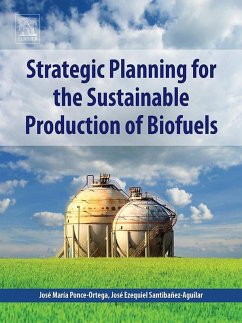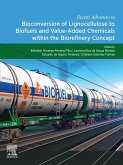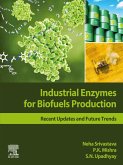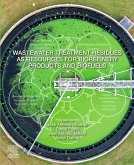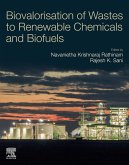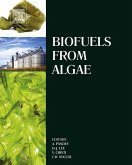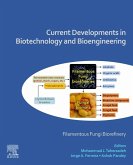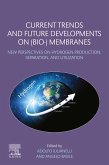Strategic Planning for the Sustainable Production of Biofuels presents several optimization models for the design and planning of sustainable biorefinery supply chains, including issues surrounding the potential of biomass feedstocks in multiple harvesting sites, availability and seasonality of biomass resources, different potential geographical locations for processing plants that produce multiple products using diverse production technologies, economies of scale for production technologies, demands and prices of multiple products, locations of storage facilities, and a number of transportation modes. Sustainability considerations are incorporated into the proposed models by including simultaneous economic, environmental and social performance in the evaluation of the supply chain designs.
- Covers different optimization models for the strategic planning of biorefining systems
- Includes the GAMS and MATLAB codes for solving various problems
- Considers sustainability criteria in the presented models
- Presents different approaches for obtained trade-off solutions
- Provides general software that can be used for solving different problems
Dieser Download kann aus rechtlichen Gründen nur mit Rechnungsadresse in A, B, BG, CY, CZ, D, DK, EW, E, FIN, F, GR, HR, H, IRL, I, LT, L, LR, M, NL, PL, P, R, S, SLO, SK ausgeliefert werden.

